 By Stuart Mitchner
By Stuart Mitchner
Herman Melville died 125 years ago today in a three-story brick townhouse at 104 E. 26th Street in Manhattan. The makeshift bomb that shook the same neighborhood a week and a half ago exploded a short walk away at 23rd and Sixth Avenue. Virtually unread and unremembered on September 28, 1891, Melville’s most famous work ends, in effect, with an explosion: “then all collapsed, and the great shroud of the sea rolled on as it rolled five thousand years ago.” The actual last words of Moby Dick, however, are less epic than domestic as a ship named Rachel searching for “her missing children” only finds “another orphan.”
The orphan, of course, is Melville, the metaphorical survivor of his most ambitious work, a castaway on the desert island of his obscurity sending the civilized world messages carried like “notes in a bottle” across two centuries and the ocean of the internet.
In Andrew Delbanco’s Melville: His World and Work (2005), the author is seen as “a living presence in the larger culture,” not only “good for thinking about” but one of the “select company” of writers who “continue to be good for thinking with.” Since his literary revival in the mid-20th century, there have been, according to Delbanco, “a steady stream of new Melvilles, all of whom seem somehow to keep up with the preoccupations of the moment: myth-and-symbol Melville, countercultural Melville, anti-war Melville, environmentalist Melville, gay or bisexual Melville, muticultural Melville, global Melville.” more



 Gene Wilder’s recent death has revived Young Frankenstein — not that Mel Brooks’s classic 1974 travesty of Mary Shelley’s Frankenstein (1818) by way of the James Whale/Boris Karloff film (1931) needed reviving. You could stop strangers on the street in Princeton or any university town anywhere and soon find someone who could quote you a favorite line or describe a favorite scene. Even so, for all those who have not already revisited the 1974 film, it will be shown again on October 5 in a special one-night-only presentation in more than 500 theaters nationwide, with a “live introduction” by Mel Brooks.
Gene Wilder’s recent death has revived Young Frankenstein — not that Mel Brooks’s classic 1974 travesty of Mary Shelley’s Frankenstein (1818) by way of the James Whale/Boris Karloff film (1931) needed reviving. You could stop strangers on the street in Princeton or any university town anywhere and soon find someone who could quote you a favorite line or describe a favorite scene. Even so, for all those who have not already revisited the 1974 film, it will be shown again on October 5 in a special one-night-only presentation in more than 500 theaters nationwide, with a “live introduction” by Mel Brooks.

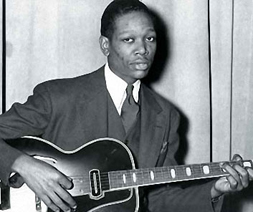
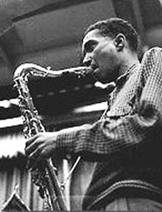



 By Stuart Mitchner
By Stuart Mitchner

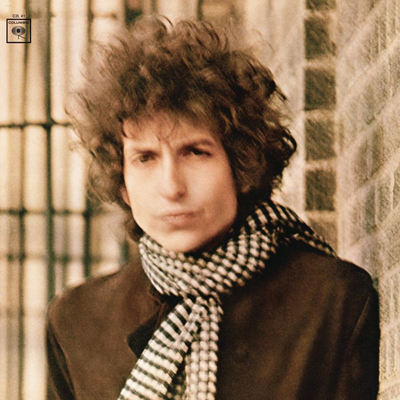
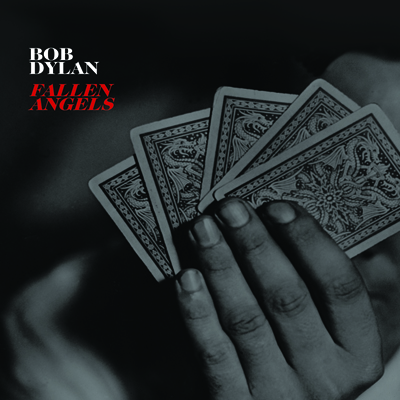
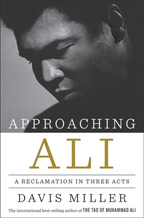
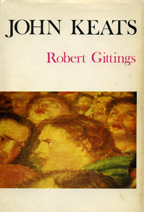




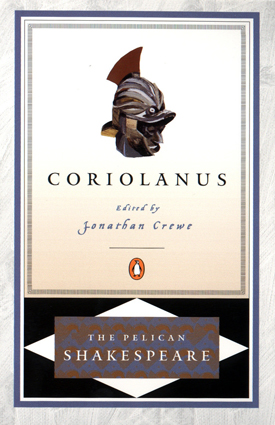
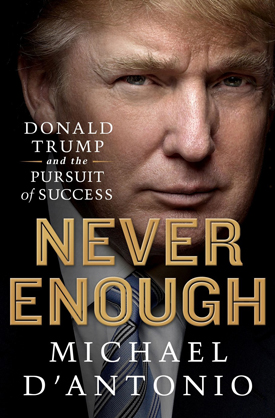

 By Stuart Mitchner
By Stuart Mitchner


 By Stuart Mitchner
By Stuart Mitchner